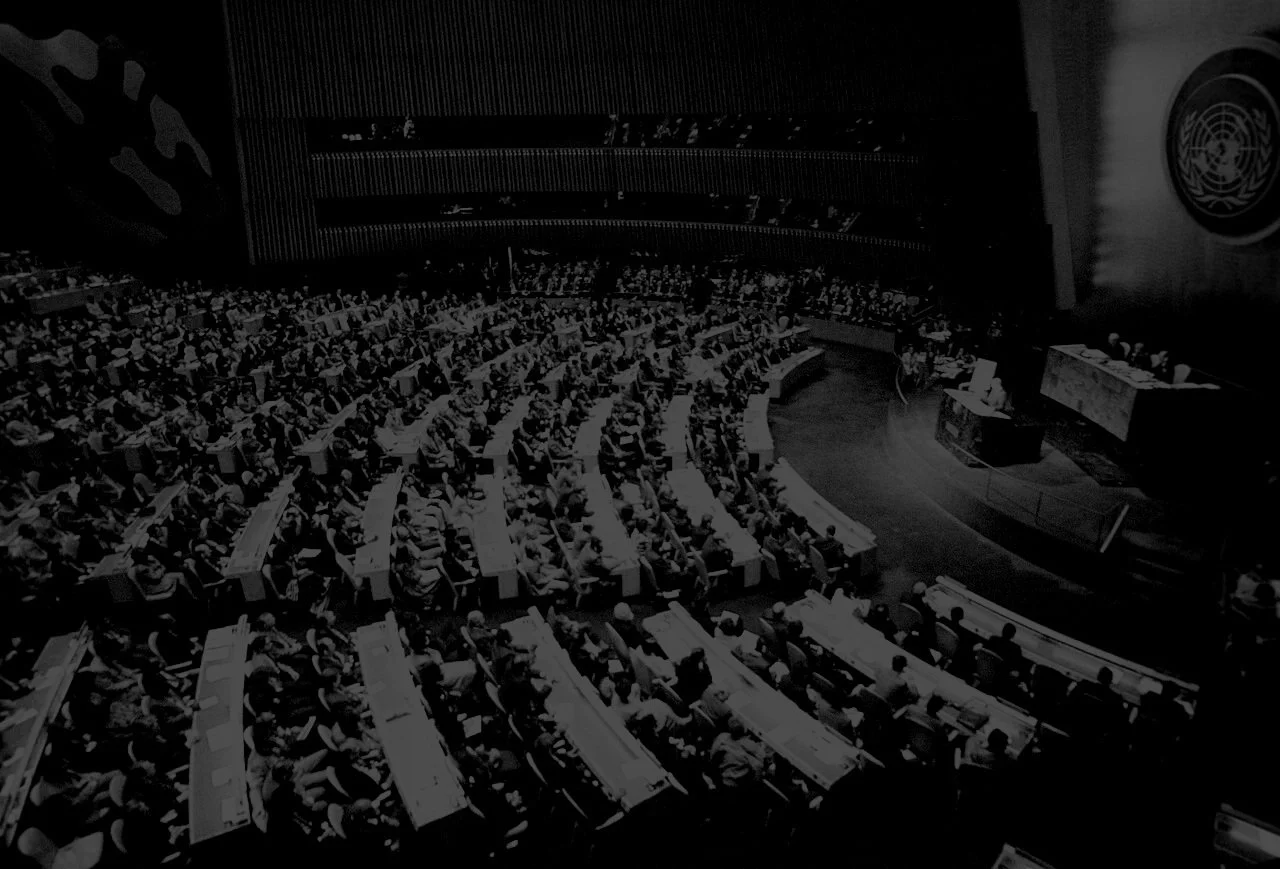
What We Do
APPLIED RESEARCH
We investigate and find answers to unique client questions.
We define requirements, collect evidence, generate insights, and ensure decisions and arguments can hold up under pressure.
We deliver tangible products and documents of record to satisfy audits, KPIs, and compliance requirements.
TECHNICAL ASSISTANCE
We augment client teams and capabilities.
As external advisors and mentors we provide independent quality control, sense checking, feedback, and executive sound boarding.
As researchers we work in-house with executives and teams to design, manage and directly engage in research operations.
CAPACITY BUILDING
We develop client ability to deliver at pace and at scale.
Every client will have unique needs. Our process involves a review of operations to pinpoint areas for improvement.
We follow up with curriculum design, skill-building workshops, exercises, and other techniques to sharpen skills and performance.
Practice Areas
-

Defence
We have a well-developed track record covering strategic industries, geopolitics, and defence and security matters, for public and private sector clients.
-

Justice
We support rule of law programs and initiatives with legal research and analysis, pre-discovery needs assessment, evidence digitization, and independent review.
-

Business
We research the behavioural, cultural, and social conditions that enable market entry, business expansion, and economic and financial growth.
-

Technology
We study science and technology innovation in context, to equip developers and investors with the base of evidence and analysis that gets product to market.
Specialised Services
Illustrative Applications
Examples of Completed Assignments
Case Methods for Planning & Preparedness
“Senior government decisionmakers commissioned multiple rounds of in-depth research, which became the updated evidence-base for strategic reviews, policy planning, scenario development, and gaming exercises. We designed and produced structured, focused comparisons and causal process traces of large-n and small-n cohorts, covering:
-Autonomous mobility applications in humanitarian relief and emergency response operations.
-Ideation and behavioural dynamics in separate studies of regime transition, aid acceptance, and workforce satisfaction.
-Social and cultural dynamics and innovative technology applications in financial crime networks.”
Data Collection for Evidence-based Engagements
“Western governments funded multiple evidence collection and processing efforts that contributed directly to intelligence-led diplomatic engagements and enhanced international criminal prosecutions.
-In Afghanistan, we digitized and translated 50000 pages of government records from the 1995-2001 period of Taliban rule.
-In Iraq, we managed a UN project to digitize 20m pages of unprocessed documentary evidence and judicial case files.
-In Ukraine, we mentored and advised federal investigators on international standards of evidence collection.”
Doctrinal Study for Autonomous UAS Resupply
“In consortium with ESOX Aero, Thales UK, Bayes Consulting, and Avartek, we won joint defence and development funding, through a UK Defence and Security Accelerator (DASA) competition, for R&D on autonomous last-mile resupply using uncrewed aerial systems (UAS).
We investigated government policy, inter-agency logistics doctrines, operating procedures, and the state of the art in public and private sector autonomous mobility. We produced a final analytical report establishing evidence-based context and rationale for advancing the project to second stage. This document of record was submitted to the funder as part of a larger consortium package, which was approved and accepted, triggering release of second-round funding.”
Network Mapping for Industry Due Diligence
“A Lloyd’s insurer monitoring a politically unstable North African state required an updated understanding of political and commercial channels of influence in the area. Locally produced documentary evidence, including online, print and grey literature, were identified and collected.
These became the source data for network charts of social, political and commercial influence networks. The client was briefed, and a final report and data visualisation product were handed over. The client deployed the products to its in-house team to increase the effectiveness of real-time fraud detection and investigations.”
Market Intelligence for Business Expansion
“A British maritime security company founded by retired Royal Marines Commandos wanted to expand into a new geographical region. It needed to understand the regional regulatory regime, options for safe office set-up, and a local agent who could act on the company’s behalf.
All three points were investigated. Information was collected and compiled in an analytical report setting out regional context, legal constraints and opportunities, office basing and set-up options, and the names and contact details of potential local agents. The report was supplied as a document of record to the client, which used the information to win business and expand its business into the region.”
















